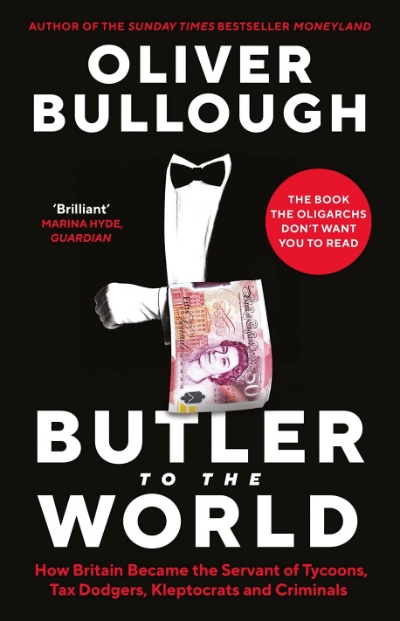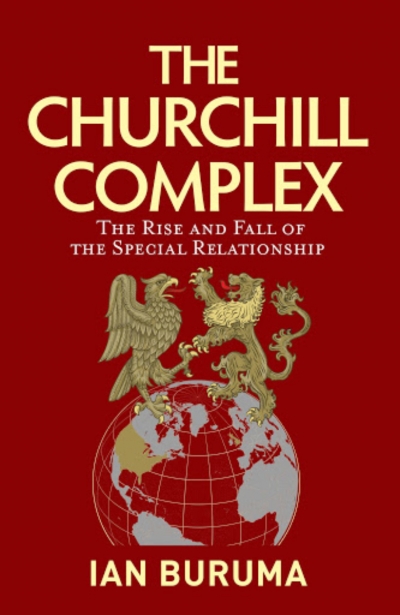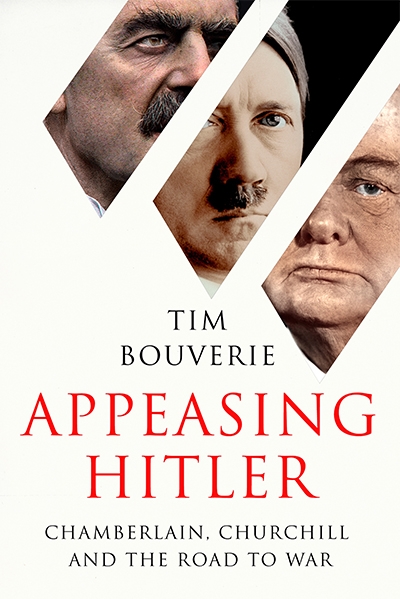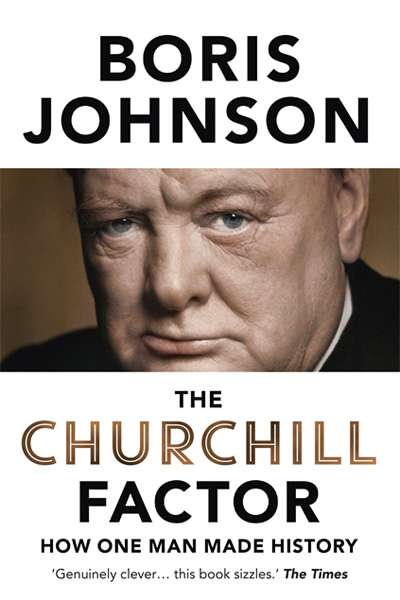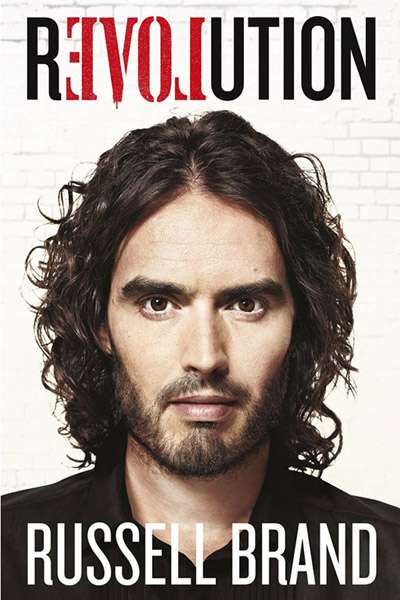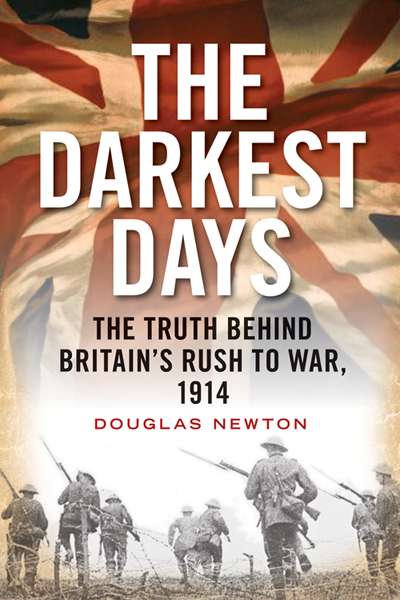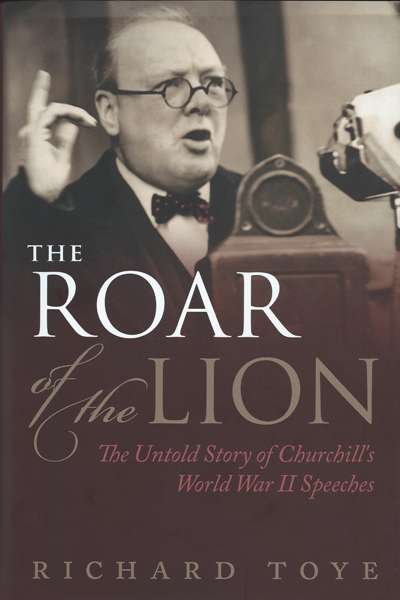UK Politics
Butler to the World: How Britain became the servant of tycoons, tax dodgers, kleptocrats and criminals by Oliver Bullough
by Kieran Pender •
The Churchill Complex: The rise and fall of the special relationship by Ian Buruma
by Timothy J. Lynch •
Appeasing Hitler: Chamberlain, Churchill and the road to war by Tim Bouverie
by Glyn Davis •
The Churchill Factor: How One Man Made History by Boris Johnson
by Peter Heerey •
The Darkest Days: The truth behind Britain's rush to war, 1914 by Douglas Newton
by Nigel Biggar •
The Roar of the Lion: The Untold Story of Churchill’s World War II Speeches by Richard Toye
by Robin Prior •

